In order to lend a hand to our fellow Ottawa residents who are in a time of need, and in response to the call out for volunteers by the city, the staff and students of The Element will be going to help fill sand bags, Thursday, May 2nd, 2019.
Volunteering is an important part of our Montessori pedagogy, whether it be working at Black’s Family farm helping the Ottawa Food Bank grow and harvest crops (e1), some AWOL trips (grade 9 and 10s) or the Winterim Trip, (our international community service trip for our grade 11). The benefits of volunteering are numerous and include social, emotional, and professional benefits. To use Montessori terminology, It is a practical life experience for our adolescents.
Montessori is a fundamentally Humanist pedagogy; that is, it emphasizes the value and agency of human beings on both an individual and a collective level. Our objective with the adolescent is to support them in their transition from childhood to adulthood, where the emphasis is no longer on the individual’s needs, but on what the community needs. Adult work is directed at the environment and asks, “What can I contribute?” vs. “What can I get out of this?” The heart of Montessori is this moral development through the appreciation of the value of work.
Volunteering helps connect us to others, both locally and internationally, helping us increase our social and relationship skills. We want our students to develop their sense of global citizenship, someone who Ron Israel (of the Global Citizenship Initiative) defines as “[identifying] with being part of an emerging world community and whose actions contribute to building this community’s values and practices.”
In addition to connecting with others and developing social skills, volunteering is good for emotional health as well. The London School of Economics examined the relationship between volunteering and happiness. Their findings suggest that the more people volunteer, the happier they are. Volunteering can reduce stress, combat depression, keep you mentally stimulated, and provide a sense of purpose. Montessori’s third plane of development (adolescence), much like the first, is one of creation. We try to educate in the context of a community of subjects that have an opportunity to contribute to something greater than the individual.
For this reason, rooted deeply in Montessori pedagogy, we feel that volunteering a morning of our time we are helping our students to see beyond just themselves and to realize what they are capable of and what it means to be a contributing member of a society that is currently in need.


